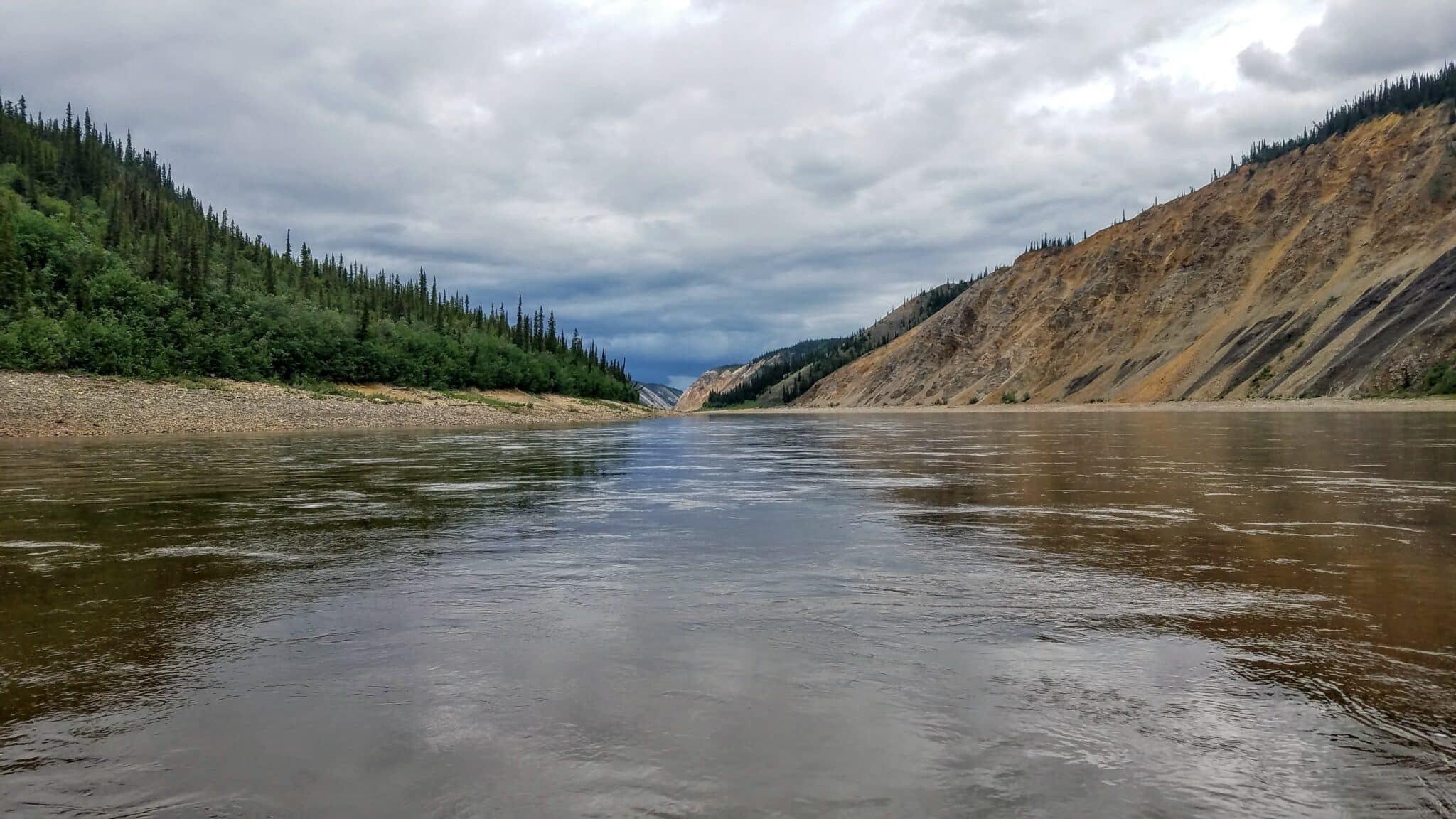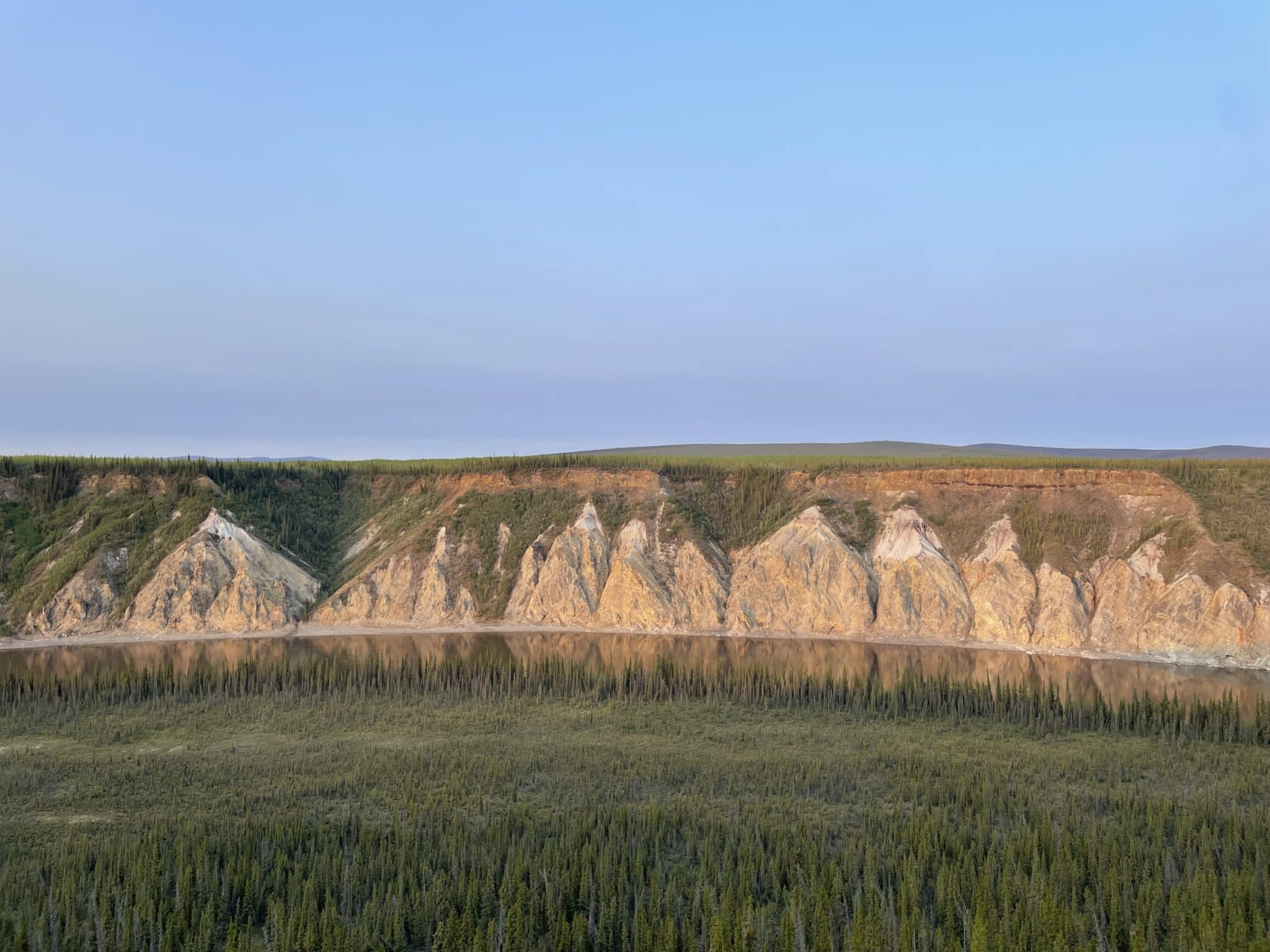Last week, the House Committee on Natural Resources held two oversight hearings, “Unleashing America’s Energy and Mineral Potential” and “Dependence on Foreign Adversaries: America’s Critical Minerals Crisis.” Both hearings discussed the domestic production of energy – particularly oil and natural gas – and critical minerals.
Oil and Natural Gas
The first hearing, “Unleashing America’s Energy and Mineral Potential,” was held on Wednesday, February 8, and featured two witness panels. The first panel included: Kathleen Sgamma, President of Western Energy Alliance; Erik Milito, President of National Ocean Industries Association; JC Sandberg, Chief Advocacy Officer of American Clean Power; and Dana Johnson, Senior Director of Strategy and Federal Policy at WE ACT for Environmental Justice. Much of the discussion in the first half of the hearing focused on the federal oil and gas permitting process. Although there was some consensus between Democrats and Republicans that permitting reform is needed, there was much disagreement over where the issues lie and what specific reforms are needed.
Many committee members raised National Environmental Protection Act (NEPA) reviews as a major factor in lengthening the permitting timeline. Others, like Committee Chairman Westerman (R-AR), suggested there was discrimination in the permitting process, particularly towards fossil fuels. Calls to reform the permitting process were not strictly partisan; Rep. Hoyle (D-OR) also called on her Democratic colleagues to “acknowledge that the [permitting] process is difficult,” but highlighted a different issue in the permitting process: overly technical language that prevented community members from accessing the information they need to weigh in on proposed projects.
Witnesses Kathleen Sgamma, President of Western Energy Alliance, and Erik Milito, President of the National Ocean Industries Association, also claimed that the federal oil and gas leasing process was limiting domestic production of oil and gas, even though federal oil and gas production have recently reached record highs. In FY2021, operators on federal onshore and offshore leases produced the highest quantity of oil in the past 18 years, 998 million bbl.
Oil and gas companies have also continued to rake in record profits; the world’s six largest publicly traded oil and gas companies reported $198 billion in profits in 2022, more than double what they earned the previous year. While oil and gas companies prioritize returns to their investors, the federal government must protect taxpayers’ interests by ending unnecessary and wasteful subsidies in the oil and gas leasing system.
The federal oil and gas leasing system is failing taxpayers. For decades, taxpayers have been shortchanged through low royalty and rental rates, low minimum bonus bids, and the noncompetitive leasing process. Though Congress has recently taken steps to improve the oil and gas leasing system, the Administration must take further steps to ensure that taxpayers receive a fair return on the resources we own and that taxpayers aren’t left to pay for the environmental liabilities oil companies leave behind.
Critical Minerals
The second half of Wednesday’s hearing and Thursday’s hearing focused on the critical mineral supply chain. Critical minerals are defined by law as non-fuel minerals that are essential to the economic or national security of the U.S. and that have a supply chain vulnerable to disruption. The list currently contains 50 minerals – including cobalt, lithium, nickel, and platinum. Critical minerals are used in many products, including clean energy technologies like batteries, electric vehicles, wind turbines, and solar panels.
Witnesses in the second panel of “Unleashing America’s Energy and Mineral Potential” were: Brian Somers, President of the Utah Mining Association; Michael Holloman II, Commercial Director and Member of the Board of U.S. Strategic Metals; Matthew Adams, Vice President and Senior Tax Counsel of Navajo Transitional Energy Company; and Reno Franklin, Chairman of the Kashia Band of Pomo Indians & Member Advisory Council on Historic Preservation.
Critical minerals were also the subject of the House Natural Resources Committee Oversight & Investigations Subcommittee hearing, “Dependence on Foreign Adversaries: America’s Critical Minerals Crisis,” which was held Thursday, February 9. Hearing witnesses included: Nick Loris, Vice President of Public Policy C3 Solutions; Dr. Michael Moats, Professor and Department Chair of Materials Science and Engineering Missouri University of Science and Technology; Aaron Mintzes, Senior Policy Counsel of Earthworks; and Jason George, Business Manager of the International Union of Operating Engineers Local 49.
In both hearings, there was widespread, bipartisan agreement on the need to meet the growing demand for critical minerals and the importance of critical minerals to the United States’ economic, environmental, and national security. The major questions facing the panel were instead about how to best strengthen the domestic critical mineral supply chain. As Chairman Westerman summarized: “How do we responsibly use the resources that we have here? How do we meet these massive demands? And how do we do it with the most environmentally sound practices without human rights violations?”
Conversations about critical minerals covered the full range of the supply chain, from permitting and mining to processing and recycling. As Rep. Stansbury (D-NM), ranking member of the Oversight & Investigations Subcommittee, said: “We cannot mine and permit our way out of this.” Despite both Democratic and Republican committee members echoing this sentiment throughout the hearing, domestic mining was still a major point of discussion.
Many committee members commented on the antiquated system for mining hardrock minerals – including some critical minerals – on federal lands established by the General Mining Law of 1872. Congress enacted the General Mining Law of 1872 to encourage settlement and economic development in the West. And while Congress has since instituted separate systems for managing the development of other resources on federal lands, hardrock mining guidance has been left relatively unchanged for 150 years. Rep. Fernandez (D-NM) even laughed at “the idea that we haven’t updated a law from a couple of centuries ago.”
Unlike regulations governing the production of other resources – like oil, gas, and coal – on federal lands, the General Mining Law of 1872 uses a claim system, which allows operators to extract valuable taxpayer-owned minerals for virtually nothing. There is also no royalty imposed on the development of hardrock minerals on federal lands. Taxpayers deserve fair compensation for the use of the valuable resources we all own. Rep. Grijalva (D-AZ) raised this in the hearing, saying that “a source of revenue should come from those that are profiting from that extraction.” Instead, the outdated policies that govern hardrock mining on federal lands have cost taxpayers tens of billions of dollars in lost revenue, and billions more in mine reclamation spending.
It’s time to reform the General Mining Law of 1872. As TCS testified last year to the Senate Committee on Energy and Natural Resources: “No business would set a price for land and stick with it for 150 years, despite changing market conditions. No one thinks simply giving away valuable minerals for nothing makes fiscal sense. And no companies should be allowed to leave toxic messes on our land and avoid the tab for cleanup. Taxpayers deserve better.”











Get Social